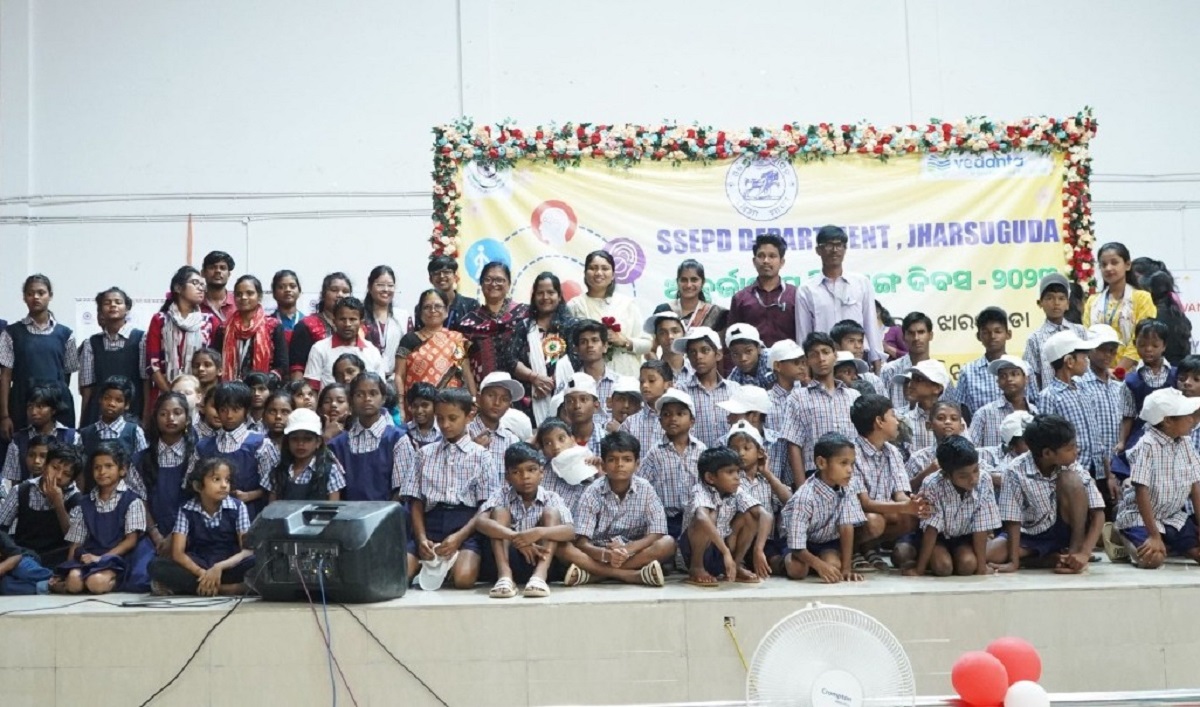In a significant move to promote inclusivity and respect for persons with disabilities (PwDs), the authorities in Mon district, Nagaland, have been directed to use appropriate and respectful terminology when referring to individuals with disabilities in all official communications and documents.
The directive, issued by Ajit Kumar, IAS, Sub-Divisional Officer (Civil) of Mon district, follows guidelines from the Office of the Commissioner, Nagaland. The new guidelines urge government officials and local representatives to adopt inclusive language that upholds the dignity of persons with disabilities.
According to the directive, all administrative officers, heads of departments, and representatives of local organisations, including the Konyak Union, Konyak Nyupuh Sheko Khong, and Konyak Students’ Union, have been instructed to strictly comply with the revised terminology in all official correspondence and documentation.
The key changes in terminology include:
Replacing the term “Viklang/Viklangta” with the more respectful “Divyang/Divyangjan/Divyangta.”
Using “Persons with Disability” instead of the term “Disabled.”
Referring to “Intellectual Disability” instead of the outdated term “Mental Retardation.”
Using “Hearing Impaired” instead of “Deaf and Dumb.”
These changes are aimed at ensuring that official language aligns with modern standards of respect and sensitivity. The new directive seeks to promote a culture of inclusion, where individuals with disabilities are seen as equal participants in society and treated with the respect they deserve.
The move is also in line with the government’s broader efforts to ensure better representation and treatment of persons with disabilities across various sectors. Officials believe that adopting these changes will help reduce stigma, raise awareness, and improve the overall quality of life for PwDs in the region.




